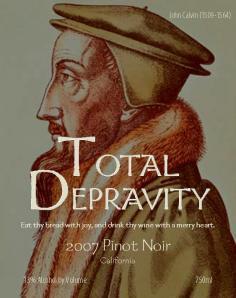Theology and Noir

For more on the image above, click here.
Writers disagree on whether it's a good idea to read reviews of your own work. I still do, mainly to gauge whether or not my deeper effects are coming off. By deeper effects, I meant the subtextual stuff, the engineering underneath the plot. Some readers never notice this kind of thing -- and a few of them do but don't like it, suspecting authors with subtle intentions of preteniousness.
Mea culpa.
I'm a writer with theological interests, so my ears perk up when mention is made of that sort of thing. To me, the tropes of crime fiction lend themselves to an exploration of big questions about meaning and evil. But some religious readers don't like the realism of such fiction -- the most feedback you get from them is based on whether or not they perceived the book as a "clean" read -- while some crime readers don't want philosophical or theological ruminations getting in the way of the body count. Since I like what I'm doing in the March novels, it's good to get confirmation that the crime and the questioning work together.
Kevin Tipple's review of Pattern of Wounds suggests as much, even going so far as to say that the theology discussion "heightens the continuing sense of noir":
Furthermore, the theology discussion regarding good/evil and the role of God that comes up several times in the novel actually adds to the complexity of the novel and provides character depth. It also heightens the continuing sense of noir that was present in the first book and is also present here.
When you're writing about themes like sin and evil, it's important not to stack the deck. Bad arguments shouldn't win over good ones just because they support the author's preferred stance and he wants to deliver the "right" answer. Everybody has a case, as one of my professors used to say, and as the author you have to let them make it. One of the weaknesses of so much religious fiction is that the cleric or clerical stand-in always speaks ex-cathedra. You know from the beginning his is the argument that will carry the day. In the real world, it's just not so. I try to write about these issues the way they develop in reality, as opposed to following the conventions of fiction. Lars Walker writes:
Bertrand is doing almost exactly the thing I've tried to do (with far less success) in my own fantasy novels—to portray the real world through eyes of faith, giving both believers and unbelievers a fair chance to make their cases ... [He] is in the process of producing a detective series that does all I could ask of Christian literature. Good writing, strong characters, a compelling (though complicated) plot, realism, and no preaching.
All I can say to that is: Amen.



